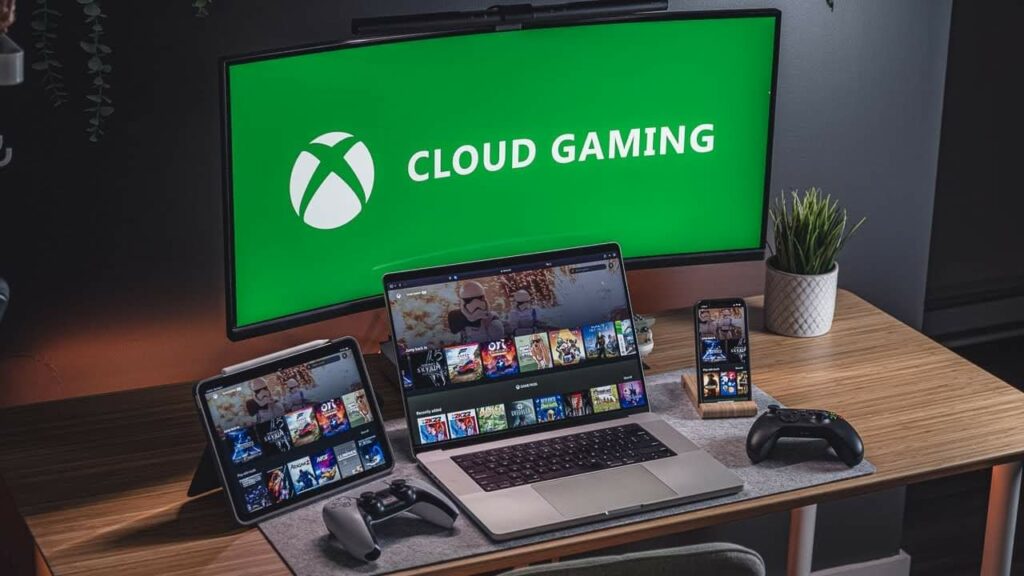
The Best Cloud Gaming Services of 2022
After years of testing, cloud gaming is finally starting to find its way to the general public. But which service should you choose in order to enjoy video games in streaming and on-demand in the best conditions?
First, there was music, then movies and series. Now video games are responding to the sirens of streaming. Thanks to the power of cloud computing, a multitude of different services now offer you the opportunity to play your favorite games on a multitude of different screens, without downloading or installation, but simply by broadcasting the sound and image of your games directly via the Internet, from servers scattered all over the world.
After the initiatives of a few pioneers in the early 2010s, several historical players in the video game industry have seized on the promise of cloud gaming and are now offering their own services – Sony, Microsoft, Nvidia… The web giants are not to be outdone: Google has already launched Stadia, while Amazon is working behind the scenes to develop its own offer. Alongside these big names, a few independent companies are selling more differentiated services, notably the French company Shadow, which simply offers to rent a Windows PC in the cloud. But among all this, which offer will suit you best? To help you find your way around, we offer you this comparison of the offers currently available.
Nvidia GeForce Now
Wise technical ambitions (1080p “only”, but clean) and a focus on gaming comfort: that’s what you’d expect from cloud gaming today, and that’s exactly what GeForce Now offers. It’s not all perfect – we’d like to see the speed of game launch improved – but Nvidia’s service is still the most convincing on the market today. With its “open” policy that doesn’t require you to buy back games you already own, it’s a perfect back-up service for gamers who already have a gaming PC but just want to be able to access part of their library from anywhere.
Google Stadia
We could have forgiven Stadia for its technical mistakes if only the service had been able to offer an experience that was a little more in line with the crazy promises Google initially made. As of today, Stadia offers little more than a fully dematerialized console gaming experience and doesn’t compare to the comfort of a local machine, and only stands out in a negative light from a service like Nvidia’s GeForce Now, which is certainly less ambitious, but significantly more accomplished.
Read more: tips-to-share.com
OUR TESTING PROCEDURES
We use each service extensively for several days (at least a week), on many different types of games, to get a general idea of the overall quality of the experience provided. We rely on laboratory measurements to determine the latency (the delay between action on the gamepad and the repercussion of this action on the screen) induced by the services. Image quality is evaluated on the basis of screenshots taken under very specific conditions – conditions that are identical for each service, in order to obtain as fair a basis for comparison as possible. The same goes for the audio quality; here we evaluate the quality of the captured clips not only “by ear”, but also more objectively on the basis of spectral analysis. Most of the service usage and measurements are carried out under ideal conditions: wired connection (Ethernet) to a very fast fiber line, with a ping of only a few milliseconds. But of course, we also check how the service copes with less favorable conditions, especially on a Wi-Fi connection and with a limited bandwidth; this is the whole purpose of the “connection stability” chapter, in which we make sure that the service works correctly with a connection corresponding to the minimum specifications announced by the provider.
The gaming industry is developing at a fast pace and the online casino industry in Sweden is not far behind, so the portal bastaspelbolagutanlicens.com is one of the best online casino representatives in this country.